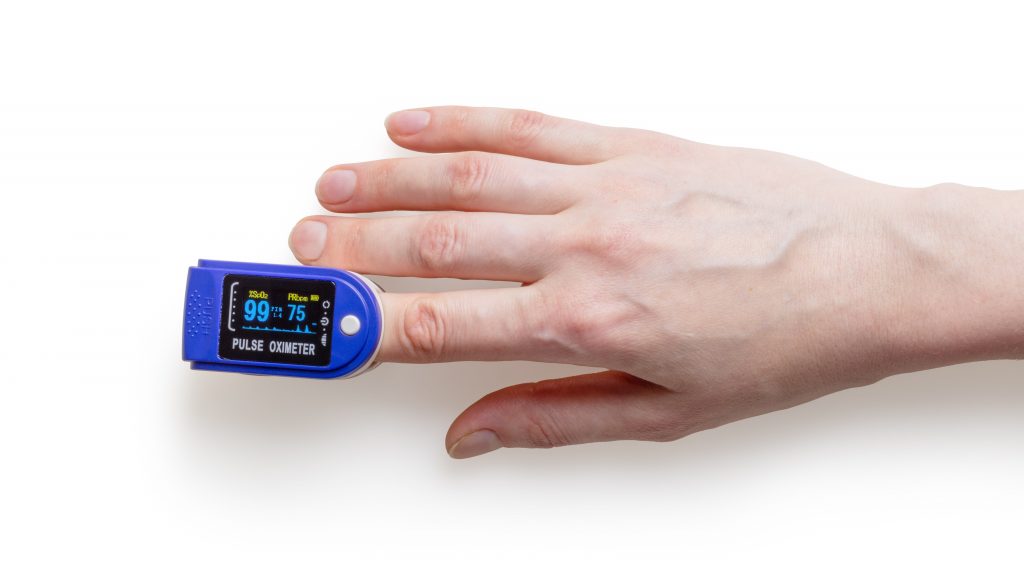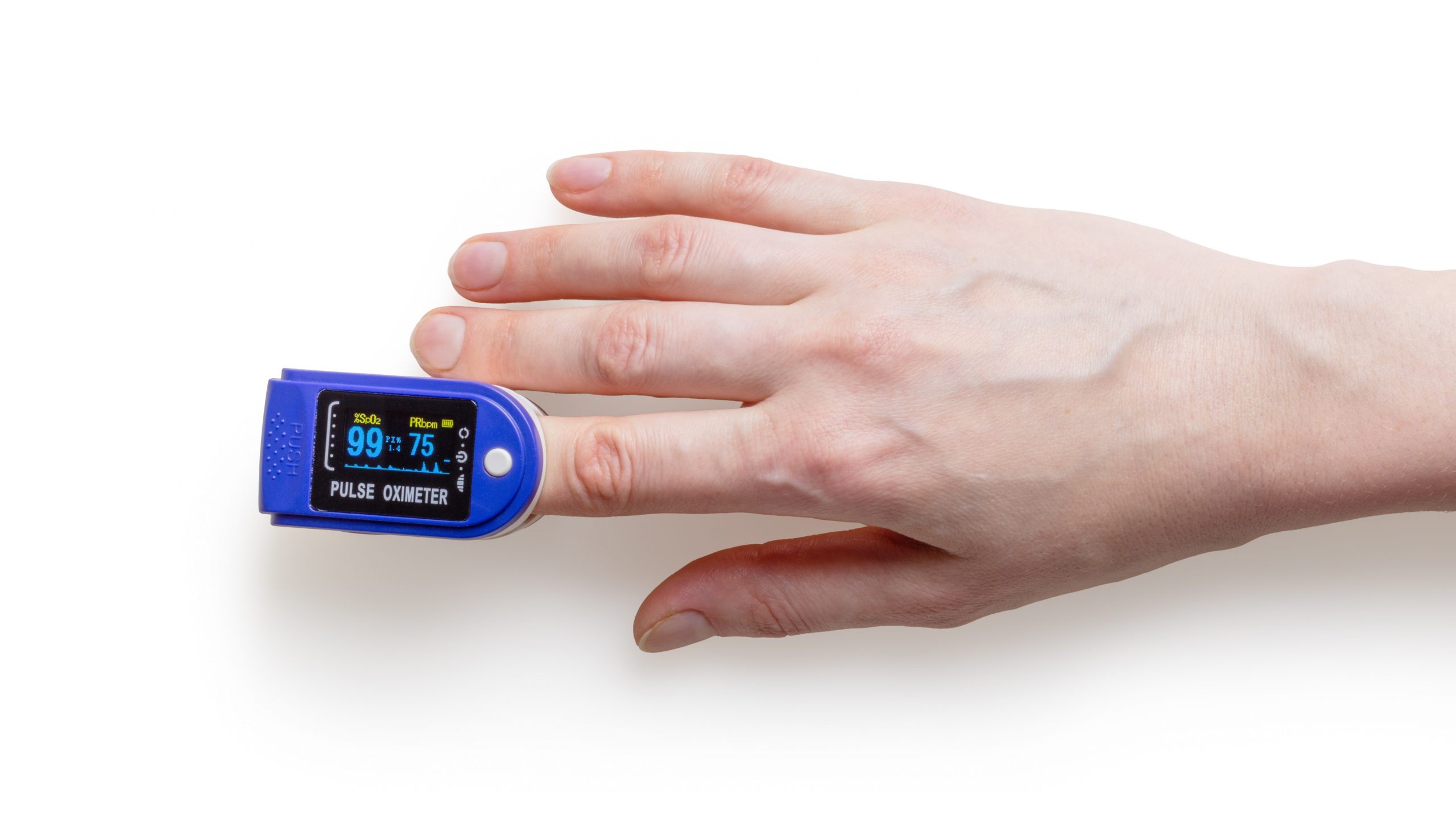Just as alcoholism and drug addiction are commonplace, there are numerous myths and misunderstandings about addicts, addiction, and withdrawal. Let’s look at some of the false ideas about addicts and addiction:
Myth: Addicts are criminals.
By any reasonable standards, the people who crave their morning coffee are perfectly upstanding, law-abiding persons. But they are “addicts”, and the fact that they happen to be addicted to a legal substance changes nothing. Most of the substances to which we’re addicted are legal and easily available – such as alcohol and cigarettes. It’s a myth that addicts are criminals. However, they may resort to unethical or criminals means to procure their substances.
Myth: Only illegal drugs are addicting.
Most addictive people get hooked on the drug or chemical of their choice long before they are exposed to drugs like heroin or meth – if they ever are. Two of the most addicting substances are nicotine and alcohol – both legal.
Myth: Problems, pressure, or stress can turn somebody into an addict.
There’s no one who doesn’t experience problems, tension or stress. If people become addicts because of them, then at least 95 per cent of the population would be addicts, which, fortunately, is not the case. Addictive or addiction-prone people are born that way. Pressure and stress have little to do with it.

Myth: Addiction is a psychological problem.
Addiction often gets thrown into the catchall of “psychological problems” because orthodox medicine doesn’t work by treating peripheral symptoms but not the root symptoms. Doctors and their patients believe that since the body has been treated without success, the trouble must be in the patient’s mind.
Addiction may, and indeed often does, bring psychological or emotional problems in its wake, but the primary concern is the addiction itself.
Myth: Addiction is immoral, and addicts or alcoholics are weak characters.
Addicts do not choose to be addicted. Addiction is not a moral issue because no amount of inner strength, willpower, or moral purity can change the genetic and biochemical factors that make an individual predisposed to addiction.
Myth: Withdrawal is violent and dangerous.
As a matter of fact, in some instances it can be. However, not every withdrawal is gut-wrenching and traumatic. Modern withdrawal services do an expert assessment and manage the withdrawal under medical supervision to minimise the discomfort and risk. Home detox services are also available so that the addict can stop the substance in comfort and safety.

Myth: There are different kinds of addiction.
Some physicians or therapists try to distinguish between “physical” and “psychological” dependence or claim there is a difference between the ways different drugs addict people. The truth is there is only one kind of addiction, and that one addiction is the same as every other. The physical impact of different substances may vary, but the essential characteristics of addiction are the same.
The mistaken idea of “different kinds of addiction” has led to a great deal of mistreatment of alcoholics and addicts. Physicians trying to help an alcoholic stay off liquor may prescribe a dosage of Valium. While the medication may be appropriate in withdrawal management, the alcoholic developing Valium addiction risks is very high. If you’re addicted to one substance, you’re susceptible to dozens of other substances that are dangerous and destructive.
Myth: You can deal with addiction by “cutting down”.
An alcoholic cannot lose an addiction simply by imitating how non-addicted people use the same chemical. A nonaddictive person uses a drug out of choice. An addict uses the same drug, in whatever quantity, to prevent withdrawal.
A typical result of the misconception that an addict can “cut down” is the practice of some alcoholics, for example, to characterise themselves as “social drinkers.” Because alcoholics tend to surround themselves with other alcoholics, they find it easy to rationalise that they cant have a drinking problem because, after all, they don’t drink any more than their friends do.
Myth: Addiction always wrecks your life.
The fact is that most addicts are at least reasonably functioning people. Many are happy and prosperous despite their addiction. But they very likely are not as happy and successful as they might be if they did not have to share their life with a chemical. Most alcoholics are not blubbering, falling-down, pathetic characters.
Comparatively, few are lying in the gutter down in the park, clutching wine bottles in brown paper bags. Multitudes of alcoholics hold good jobs; many are bright, talented achievers. Few of the people around them would call them alcoholics. You can indeed be firmly addicted to alcohol even though your life isn’t in shamble (as yet!).
Myth: When you are addicted to something, you use it all the time in increasingly larger amounts.
The size or frequency of dosage isn’t necessarily a reliable indicator of addiction – at least not for every substance. A Valium addiction, for instance, can be maintained for many years at a constant dosage. Many people drink in a limited amount for years and then suddenly cross the line into active addiction. Often an addict will use a substance only as often as necessary to stave off withdrawal symptoms.
For example, in the case of some alcoholics, that may mean drinking in the evening after work – but only after work. Just a little something, they’ll say, to help them unwind after a hard day. However, the truth is that the tension they have to “unwind” from is, in fact, one of the early withdrawal symptoms that begin to appear after twenty hours or so without alcohol.

Myth: Anyone can become addicted to potent drugs, such as heroin and other opioids.
It may be tough to make an addict of a person who is not genetically and biochemically prone to addiction. There are so many instances of hospitalised patients who receive powerful narcotics, sometimes in large doses, for days on end for pain management, never become addicted.
The same principle applies to other addictive substances too. Many people drink alcohol in moderation more or less regularly yet never become addicted.
Do you have any queries regarding the nature of addiction? Call us for a chat: Freephone
Freephone: 0800 140 4044
Local rate: 0300 330 3040



